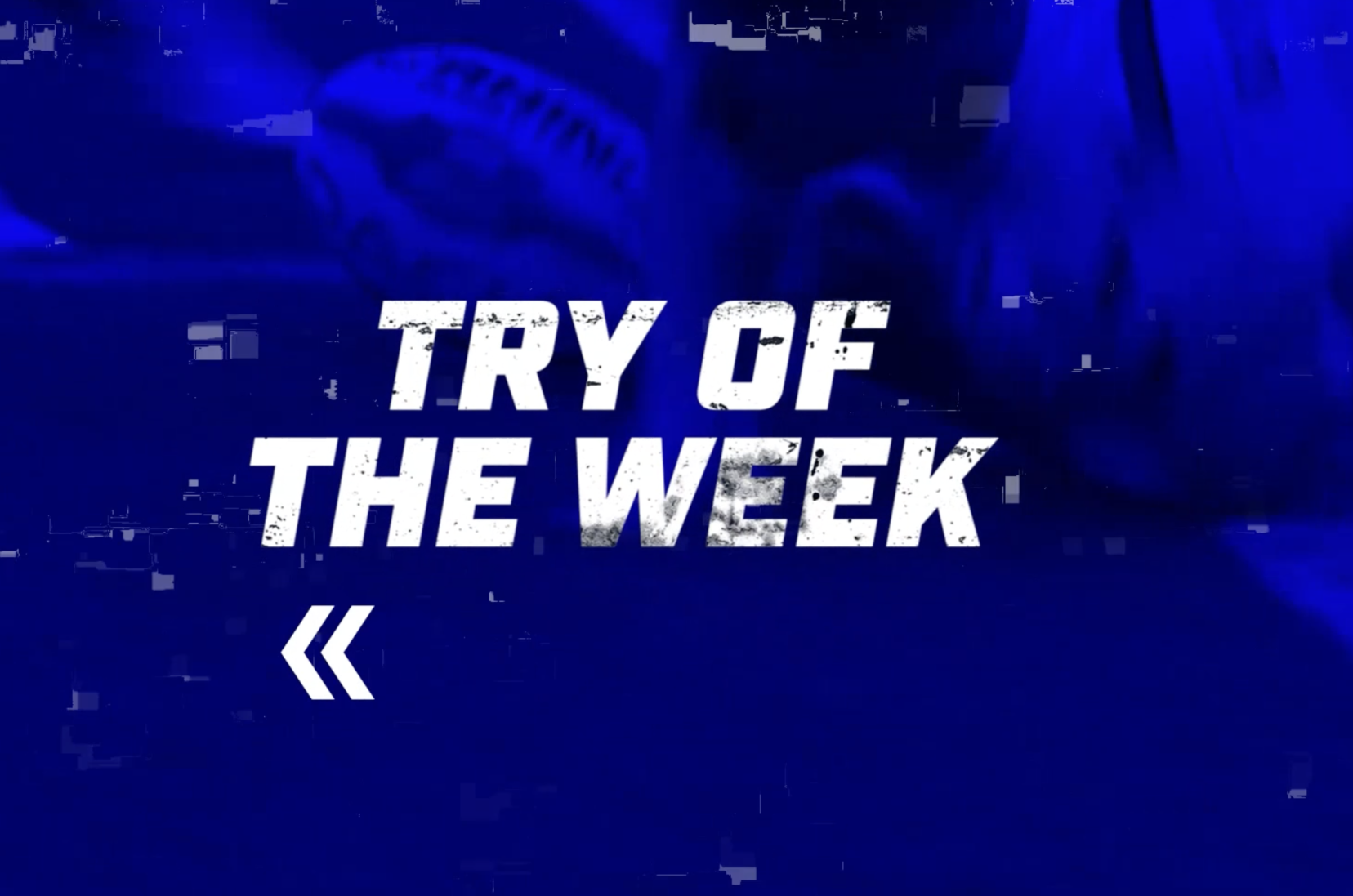
WHAT, exactly, is cheating?
In my homeland of Australia, they are pretty sure they know what it is. The hand wringing and there-is-no-Santa Claus despondency about cricket’s ball-tampering scandal tells us that cheating is doing something that is outside the rules and outside the reach of match officials.
Another thing we can all agree on when it comes to defining cheating is doping. Making yourself stronger and faster with an injection is beyond the pale for most sports followers. Maybe there is a small percentage of apologists who think it’s OK to do this in environments where “everyone else” is doing it. I’ve read columnists seriously argue the use of the term “drug cheat” is unfair.
Let’s move down the scale a little. If you get to salary cap cheating, the percentage of those apologists might get a little larger, using the same justification – that everyone else is doing it or that other teams have “unfair” advantages in other areas such as bigger catchment areas or better local juniors, etc.
Still clutching at straws, the apologists, but anyway…
However, as someone who grew up on Australian rugby league primarily – although I was always on the lookout for as much Open Rugby and Ray French as I could lay my eyes on – I am completely bamboozled by the almost unanimous condemnation from rugby league commentators in England of trying to hoodwink a referee.
Using a stray hand to jolt a ball loose, wriggling around in the tackle to draw a penalty, holding a defender’s arm so he can’t get off you – these are being painted as potentially mortal threats to Super League itself and paths to eternal damnation.
I can’t put this any more bluntly: in the culture in which I grew up, that sort of cheating is expected by the majority of people. It’s a given.
Why do you think the Australians invented the two-referee system? Because they expected players to ceaselessly try to con referees with dishonesty.
No-one seriously expected the players or coaches to stop it if asked. No-one asked. I can’t remember a single columnist in my entire time as a rugby league fan or journalist in Australia writing the sort of opinion pieces I read several times a week in this country this year.
These are multi-million-pound businesses being contested by highly-training athletes and experienced coaches whose livelihoods rely on results. This is the 21st Century. No-one is bringing out a tea trolley before each scrum.
You don’t use sandpaper on a ball right in front of the umpire. You don’t hand over a paper bag full of money in the presence of the salary cap auditor.
But these players practice so-called “dark arts” a few yards from the person charged with catching them. You’re living in cloud cuckoo land if you expect them read a column and say ‘I won’t do that anymore’.
At this juncture Wigan coach Shaun Wane deserves credit for saying he’ll “hook” anyone faking an injury.
But generally speaking, anyone relying on good will to achieve an outcome in this day and age is not going to achieve very much at all.
It’s the players’ and coaches’ jobs to win, not entertain or behave in a sportsmanlike fashion befitting a 19th century gentleman.
It’s the job of administrators and match officials to take their underhanded intentions and superficial motivations into account and still end up with a product acceptable to the media and public.
Change the rules, get six referees out there, consult the video ref on every play .... but don’t rely on players to do the right thing.





